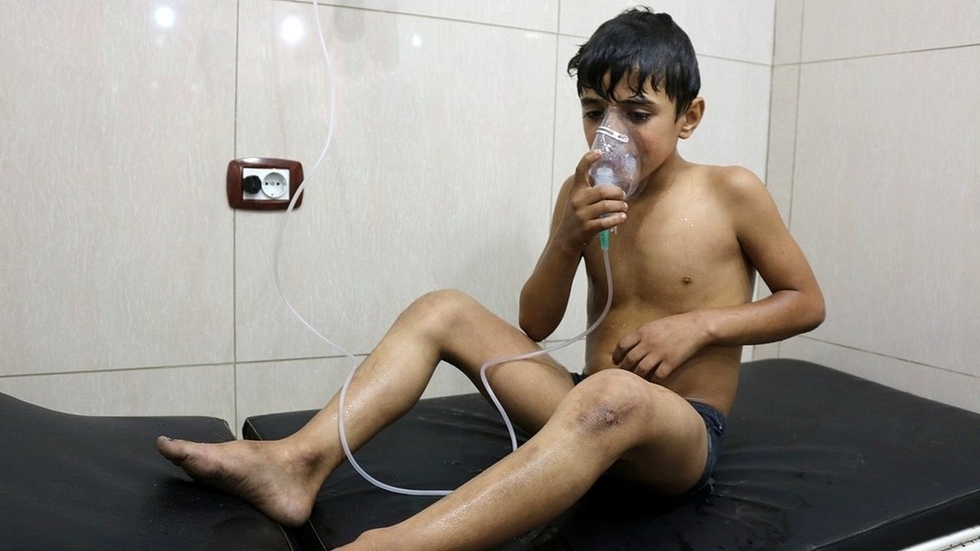IS 'producing weaponised mustard gas': Watchdog

The global watchdog tasked with destroying chemical weapons is probing more than 20 reports of the alleged use of toxic weapons in Syria since August, its chief told the AFP news agency on Friday.
And, in what he called an "extremely worrying" development, Ahmet Uzumcu revealed that the Organisation for the Prohibition of Chemical Weapons (OPCW) believes the so-called Islamic State (IS) group has manufactured its own mustard gas for use in Syria and Iraq.
Uzumcu spoke to AFP just hours after the UN Security Council extended the mandate of a special joint UN and OPCW panel to allow them to investigate more reported chemical attacks in Syria.
Since 1 August both the Syrian government and opposition rebels have submitted a number of allegations of the "use of chlorine and unidentified agents in Aleppo and in northern parts of Syria" such as Idlib.
The OPCW is already "collecting information and analysing" it, the OPCW director general said, to see if the allegations "are credible or not in order to deepen our investigation".
"The number (of allegations) is quite high. I counted more than 20," said Uzumcu, revealing that even on Thursday the Syrian authorities had sent to the OPCW fresh reports of chemical weapons use against them.
The UN-backed panel, known as the Joint Investigative Mechanism, has already established during its year-long investigation that Syrian government forces carried out three chlorine gas attacks on villages in 2014 and 2015.
It was the first time that an international probe pointed the finger of blame at President Bashar al-Assad's forces, after years of denial from Damascus. The findings prompted an unprecedented public condemnation from the OPCW's policy making body last week.
The joint panel also found that IS was behind a mustard gas attack in August 2015.
Samples of mustard gas taken from attacks in Syria and Iraq have now been analysed by the OPCW's dedicated laboratories and "the findings do suggest that this substance may have been produced by IS itself," said Uzumcu.
It was "poor quality, but still harmful ... and it was weaponised so it's extremely worrying," the OPCW chief said.
"Especially given the fact that there are several foreign fighters in those countries who may go back to their countries of origin one day. This requires a high-degree of vigilance within our countries," he warned.
OPCW experts were now "trying to prioritise" the fresh allegations of chemical arms use in Syria as "I don't think we will be able to investigate them all," Uzumcu said, highlighting the difficulties of working in a conflict zone.
Stay informed with MEE's newsletters
Sign up to get the latest alerts, insights and analysis, starting with Turkey Unpacked
Middle East Eye delivers independent and unrivalled coverage and analysis of the Middle East, North Africa and beyond. To learn more about republishing this content and the associated fees, please fill out this form. More about MEE can be found here.




